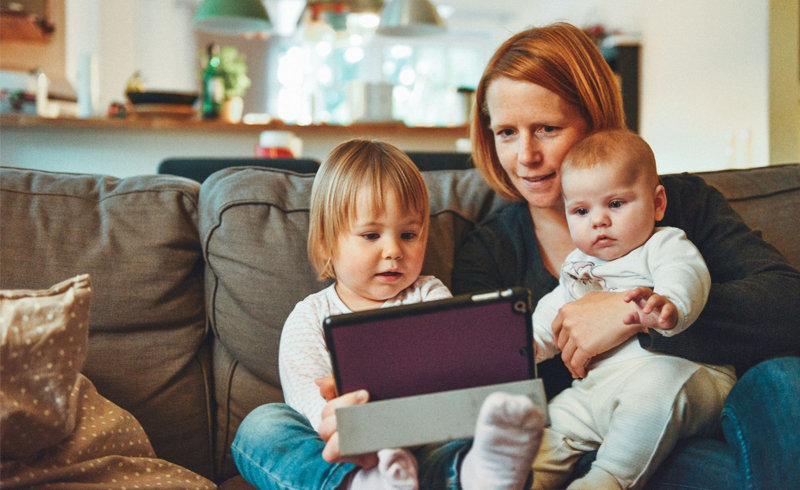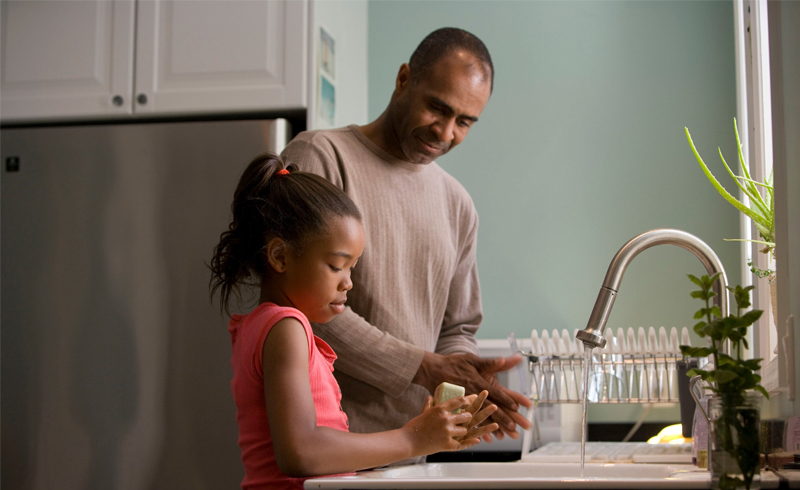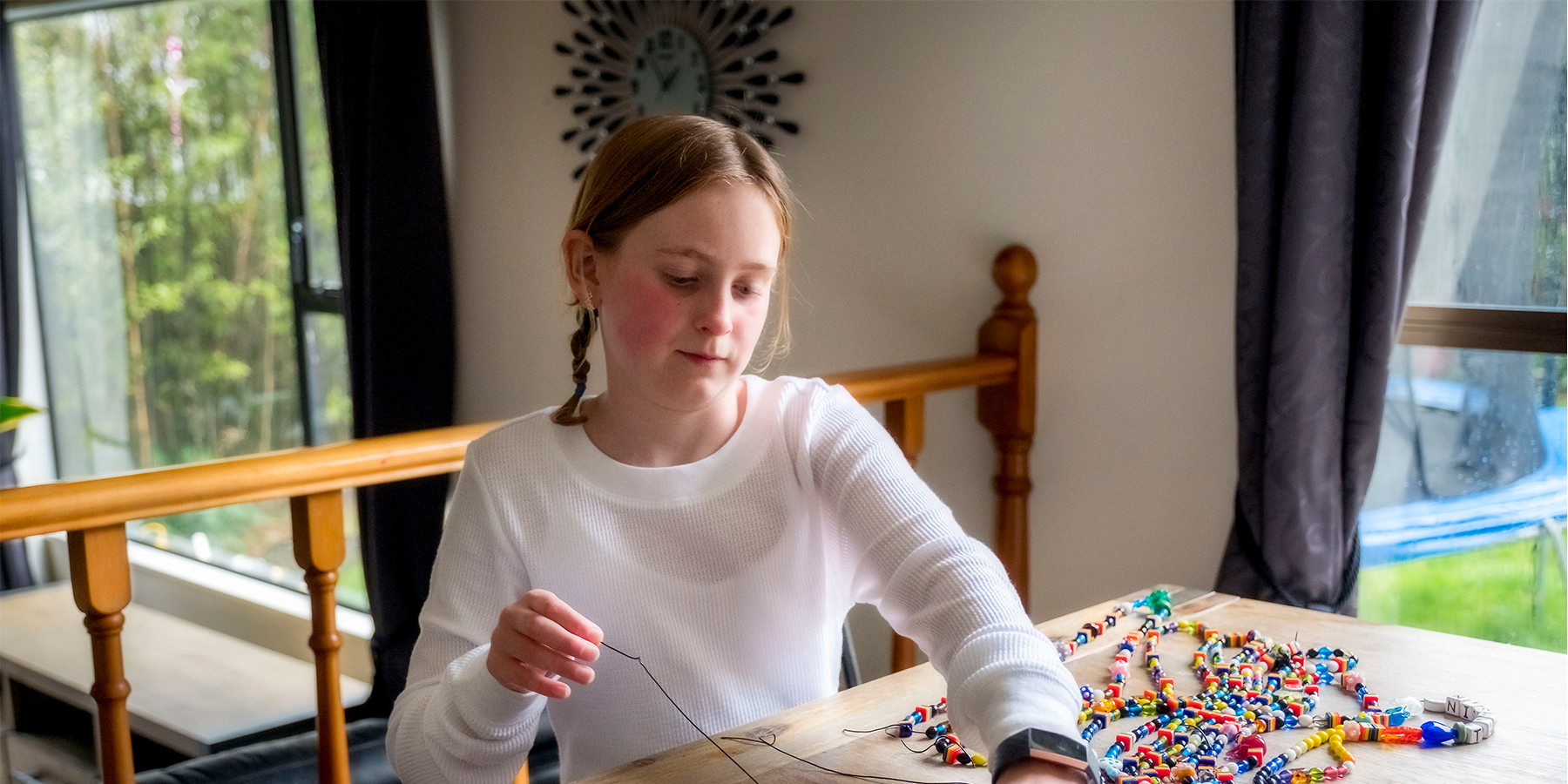How to avoid over-parenting when your child has cancer
By Linde-Marie Amersfoort, Parenting Place
Few things rock a parent’s world like having a child diagnosed with cancer. Long after they’ve weathered the initial shock and navigated the various stages of grief upon receiving the diagnosis (denial, anger, bargaining, depression and acceptance), the uncertainty of the disease remains. That unpredictability can wrestle all feelings of control away from both parents and child, plunging them into a never-ending state of doubt.
For parents, this loss of control, accompanied with stress and doubt, can make them feel confused about what is the best way to parent their child. How should they balance their role as parent with their new role of carer?
Research suggests that this predicament can lead to inconsistency in parenting styles, with parents sometimes becoming a real Sergeant Major when it comes to lifestyle changes and medication, but alternating to Jelly Fish when it comes to addressing an everyday misbehaviour.
One of the most common changes, however, involves overparenting.
In essence, overparenting describes parents who have become excessively overprotective and overindulgent, e.g., performing tasks for their child when the child is still capable of doing those tasks for themselves and being reluctant to leave their child’s side – even when it would be appropriate to do so (e.g., continuing to sleep with the child for extended periods of time).
While this is totally understandable given the stress, doubt and confusion that result from a diagnosis of childhood cancer, research also points to the fact that this overparenting can result in parents feeling anxious and guilty about the long-term impacts of their need to focus so intently on their child – impacts that can, in turn, affect the whole family.
Parents also note feeling worried about their inclination to over-parent their other children too, not just the one receiving treatment. This may be exacerbated if a parent has to leave their other family members behind so that their sick child can receive treatment elsewhere. Considering the typical separation anxiety and guilt around travelling as a parent in general, it’s no wonder that overparenting can so easily become the M.O. for parents navigating this incredibly challenging situation.

Communication is key
Anxiety is often seated in uncertainty. Without a clear picture, parents can be anxious around how well the other siblings are coping. Communication is therefore key here to increase a parent’s awareness of all of their children’s feelings and thereby help build some understanding and certainty regarding their family’s functioning.
Research has shown that where parents can encourage open and honest communication around all their children’s cancer-related feelings, families tended to function better and siblings felt less alienated and resentful of the experience.
This means that parents ideally focus on messages of positivity and helpfulness, while also allowing all family members (including themselves) to express their negative feelings about the situation (anger, frustration, sadness, resentment).
Sometimes parents can find it difficult to understand situations like siblings feeling jealous of the child with cancer and then dismiss such statements as an over-reaction or not really what the sibling is feeling. Other times, parents can avoid the difficult conversations and the mixed emotions of the siblings because they feel guilty or confused. As well as placing higher (and potentially unrealistic) expectations on their well children, parents may also have less tolerance for the siblings’ negative emotions.
However, validating and empathising with the negative emotions is key and will bring the message across that it is acceptable and okay to talk about all feelings regarding the cancer. This will help everyone to be more open about how they’re really feeling.
Research also suggests that parents should consistently initiate those conversations about the siblings’ cancer-related feelings. While children may not always want to open up, knowing that it is a conversation their parents want to have and will not avoid is helpful and a source of security.

Home and away
While parents may be physically unavailable at times (e.g., at hospital), it is important that siblings know that Mum or Dad will always be emotionally available when they need them. This is a hard juggling act, considering the stress having a child with cancer places on parents.
One way of doing this is to have consistent rituals and routines when parents are away, e.g., a set time for evening phone calls, regular text messaging, and code words siblings can use when they need their parents’ immediate attention.
Realistically, it is difficult to be emotionally available to other children when you have huge stressors. This is why it is important to ensure that the family has support systems in place so that parents have time for self-care. Time to problem-solve, so as to meet the needs of the other siblings is also important, as is prioritising regular time with all your children. You can’t do it all alone, so now is the time to draw on your village. For example, having a grandmother/uncle/aunt/close friend stay at the hospital so that both parents can have time with the rest of the family is incredibly beneficial.
Research also suggests that one way of showing that you’re emotionally available is to prioritise consistent family activities, even if they’re just once a month. For example, you could try to all go out together if you’re in same city or regular virtual movie watch parties when separated from each other.
There isn’t an easy path through this difficult season – but there are ways you can make the road a little smoother. Drawing on others for support is essential, as is honest, open and regular communication with all your family members. Please don’t feel guilty that you can’t be everywhere at once. An awareness of overparenting can help you keep in mind that the ideal parenting posture is that of a coach. While a Sergeant Major is too domineering and a Jelly Fish is too all over the place, a Parent Coach is consistent, firm and fair – prioritising relationships and keeping the whole team together (emotionally, if physical distance separates you) as much as possible.
About the author
Linde-Marie Amersfoort is a Child and Family Psychologist working at Parenting Place as part of their research and development team. She is Christchurch-based and in her free-time loves to explore the Port Hills and surrounding areas. On top of her clinical practice work, Linde-Marie also has a blog, noteveryonegetsacoconut.com, where she shares her thoughts and experiences on parenting her two teenage children.
Parenting Place
Parenting Place is New Zealand's charity for families.
Head to parentingplace.nz for help, support and ideas no matter the age and stage of your kids.

